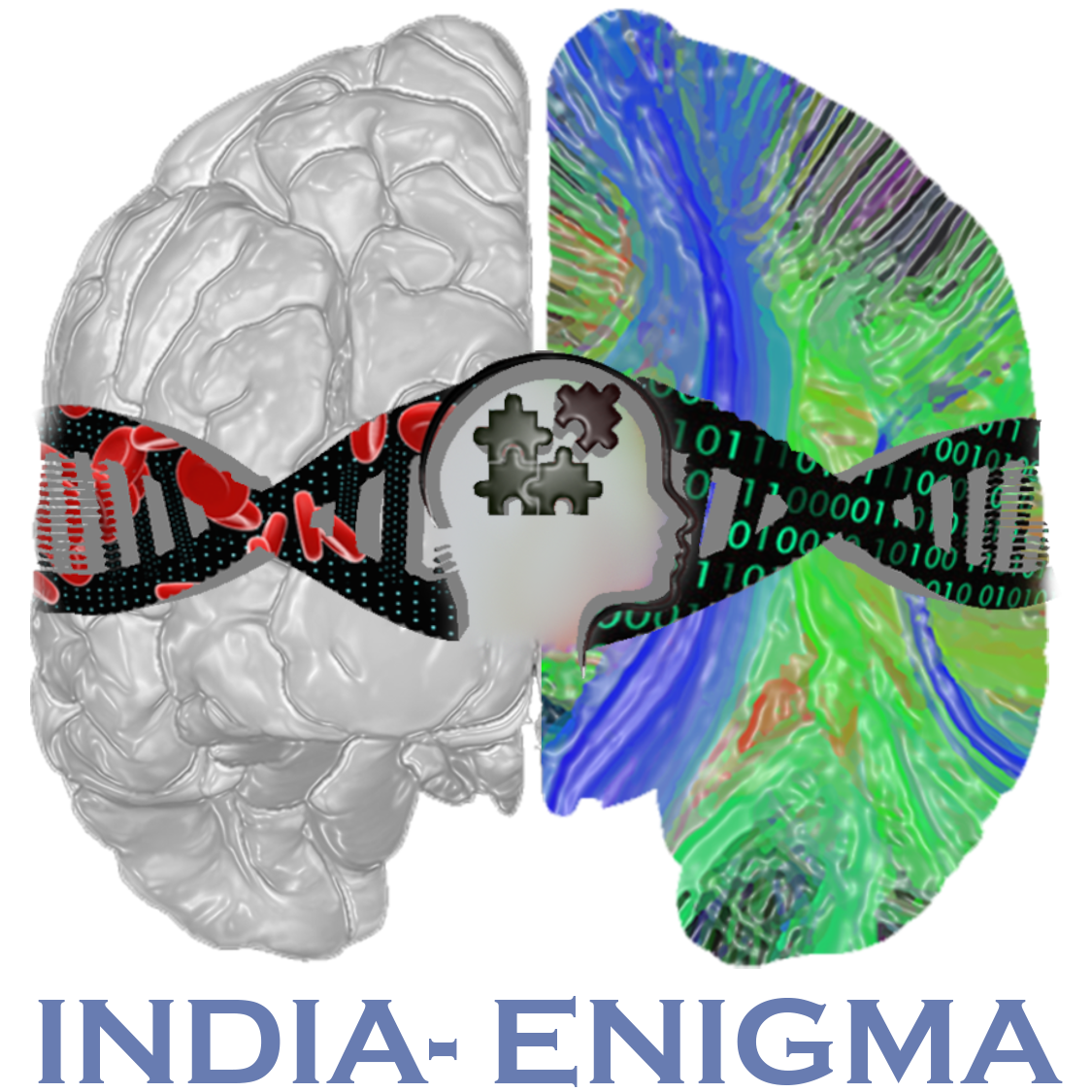|
Our Aim Our objective is to evaluate the influence of various biomarkers on brain aging. Biomarkers are measurable indicators of the disease process. A simple example of a biomarker is blood glucose level commonly used to diagnose and monitor the effectiveness of treatment in diabetes. Biomarkers are vital in dementia research. They aid in detecting early brain changes, understanding the role of various risk factors of the disease, and monitoring treatment response. In this innovative research study, we will first evaluate our research participants [Healthy elders, persons with Alzheimer’s dementia, and persons with Mild Cognitive Impairment (MCI—a stage between normal cognitive functioning and dementia), who volunteer to participate in the research] for various psychosocial and lifestyle factors, for e.g., educational attainment, dietary habits, physical activity, family support, etc., Then we will evaluate them using a comprehensive series of tests to detect their functioning in memory and other thinking abilities.
|
|
The INDIA-ENIGMA Initiative on aging program approach INDIA-ENIGMA initiative on aging program will be looking at various biomarkers – genetic, hormonal, markers of cardiovascular risk, and brain imaging. We will follow up our participants over two years to determine how the interplay of various risk factors, protective factors, blood-based and brain imaging-based biomarkers influence their cognitive function and contribute to the risk for developing dementia. We plan to establish the above relationship between various lifestyle factors, biomarkers and risk for dementia using a novel brain metric called ‘brain age’, which is an estimate of the person’s age computed from brain imaging measures using magnetic resonance imaging (MRI). By estimating the ‘brain age gap’ between a person’s actual age and the ‘brain age’, we can study the factors that result in accelerated brain aging in persons with dementia. Major medical breakthroughs have occurred in the past because of the generosity of participating volunteers. We hope that our combined efforts will lead to the development of an innovative approach to determine the factors that are associated with brain aging and cognitive functioning, which in turn, can generate critical insights for planning preventive and treatment strategies for dementia in the Indian population. Link |
Governance
Will be updated soon
